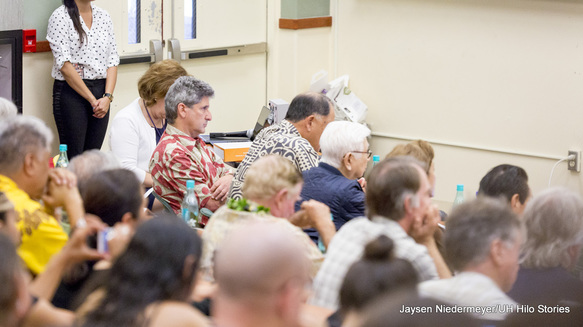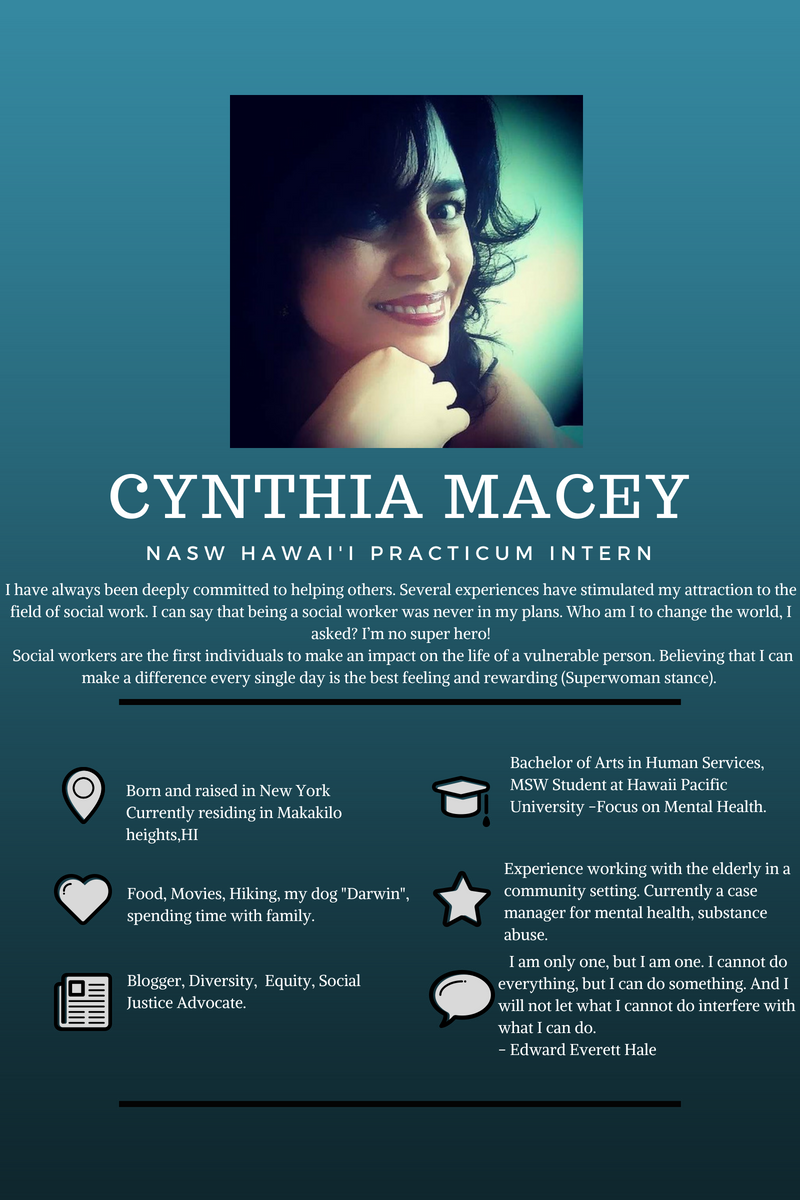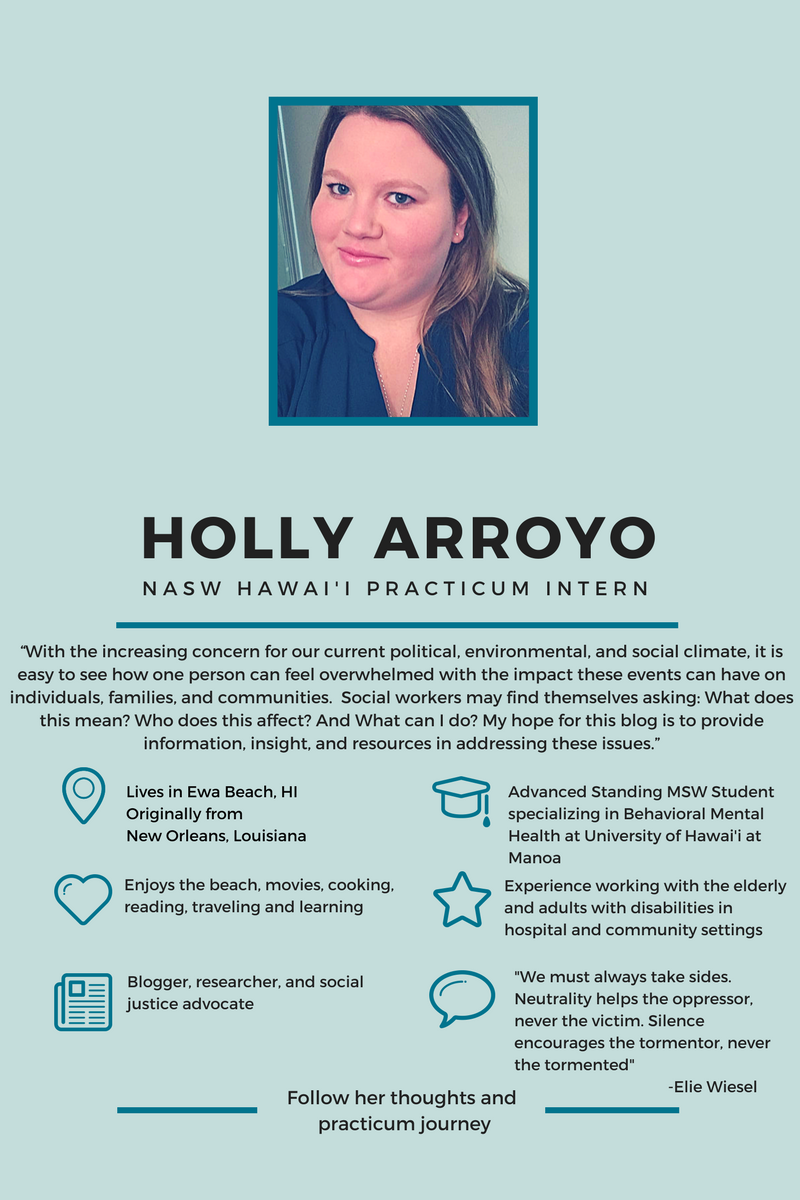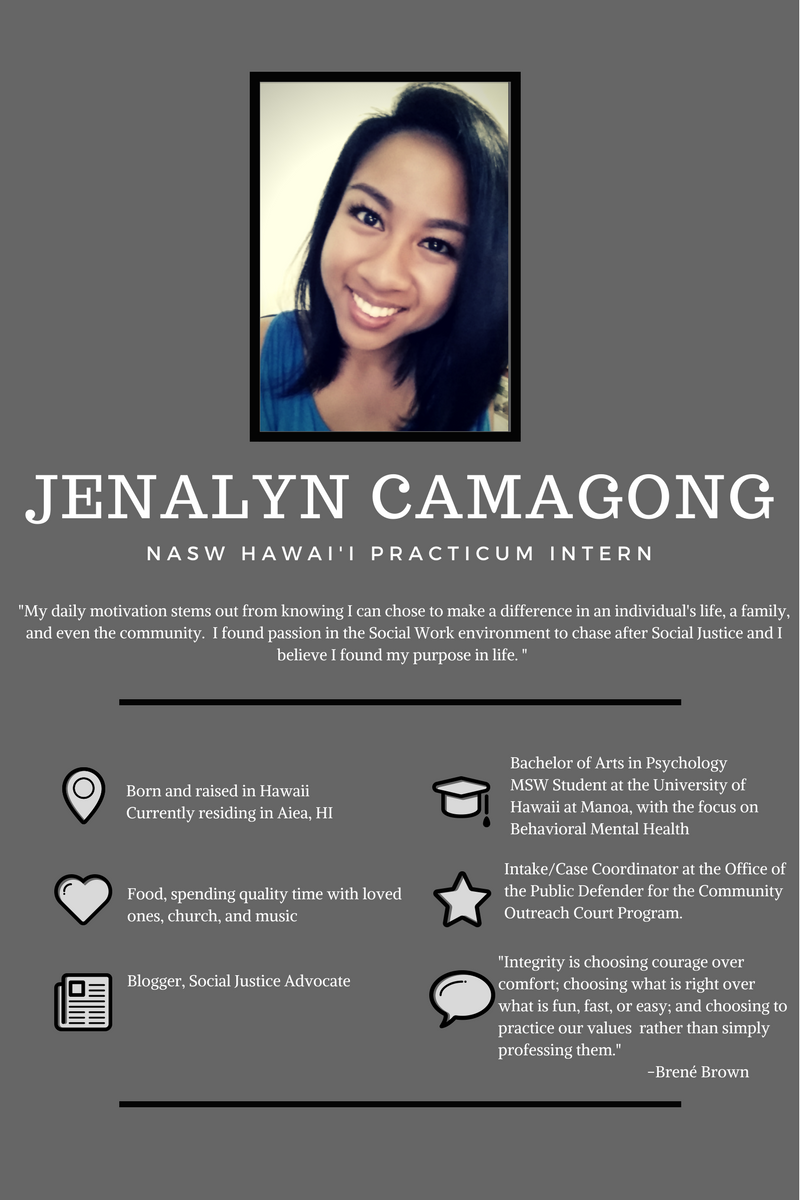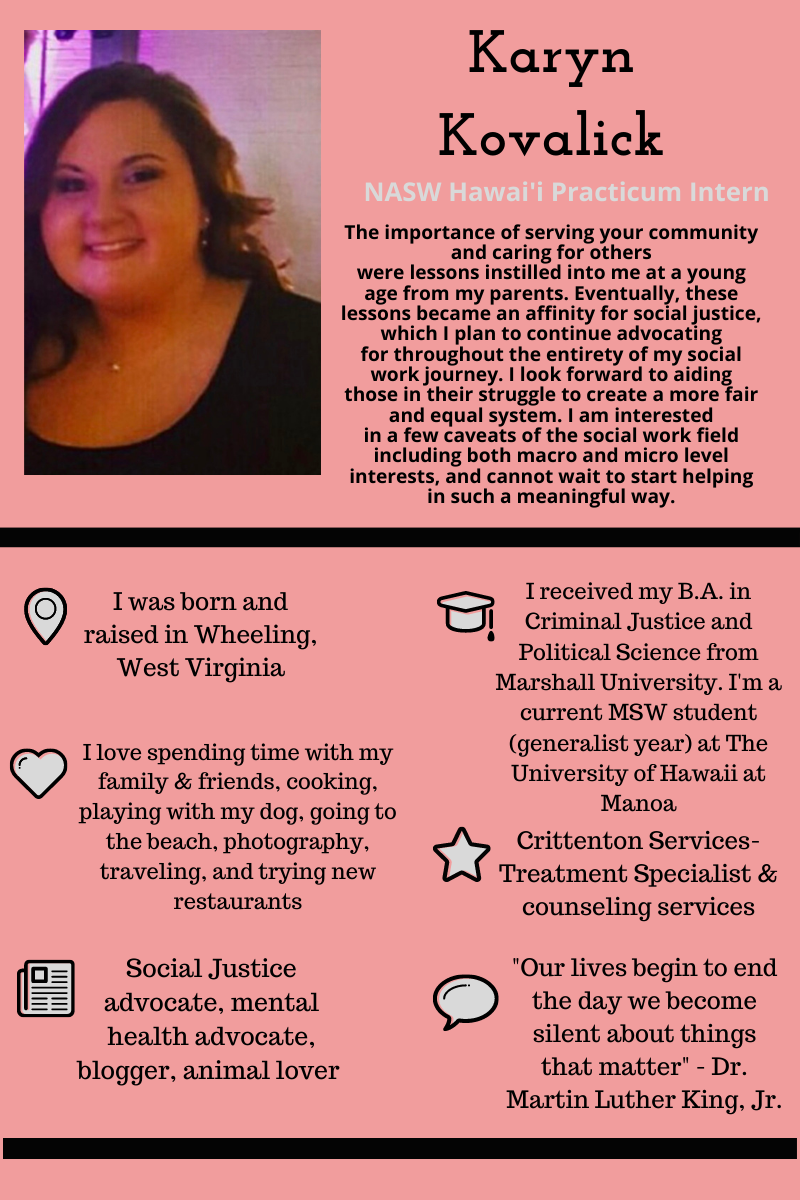|
For the first time, I submitted testimony on a bill at the State Capitol and saw firsthand just how easy it is to get involved in the Legislative process. I remember sitting in my first policy class, overwhelmed with emotions as my professor talked to us about the importance of getting involved in state and local policy. Sure, getting involved at the state level sounded great, but that was reserved for all of those smart people at the State Capitol, I said to myself. When my professor finally said that part of our grade would be dependent on us going to the Capitol to submit this thing called testimony, I felt both my excitement and my blood pressure sky rocket. I had one of those moments that all young professionals have; when you begin to panic at the thought that you are once again way out of your league and you kick yourself for not spending more time listening in 10th grade political science, and less time staring at the cute, new guy from across the room. It was not until I decided to actually go to the Capitol to testify in person, that I realized that all of those all-knowing-smart-people, that I had been intimidated by for so long, were just regular people. They were people who at some point or another, had learned that getting involved in the state and local process is truly much easier than it seems. Most citizens in our country become involved in the presidential candidacies because it is thought to be common knowledge, that the president is ultimately responsible for the majority of the decision-making processes in our country as well. But is that truly the case? In an earlier blog post, I talked about political partisanship and the need to end polarization. Becoming involved in the legislative process is an excellent way to combat special interest groups influencing the laws of our country. Although lobbyists do hold an obscene amount of power, senators are influenced by the input of their constituencies. Also, can you imagine if special interest groups were the only ones impacting our law-making process? It is a scary thought. State laws also influence federal policy. Look at the federal law allowing same-sex marriage. It is highly unlikely that this bill would have been passed, had it not been for states first passing same-sex marriage legalization. People also tend to vote for the presidential candidate because at the federal level, it is easier to get information on how to vote. When the presidential primaries roll around, voting polls are everywhere, and incredibly easy to locate (although this too, could use some improvements). In today's digital landscape, all you have to do is blink and you are bombarded with information on the presidential contenders. With in-your-face media sites like CNN, MSNBC, Fox News and the Huffington Post it is nearly impossible to hid from the madness that are the presidential candidacies (think: Donald Trump). The focus is now solely on the presidency and we have forgotten that our country was set with the intention of the distribution power. The Executive Branch is only one piece of the three piece pie that makes up our United States government. In order for us to truly be "we the people", submitting testimony and creating bills needs to be as important as who we choose for president. One pivotal way to become involved in the political process is to write, support and/or oppose bills. The bills that are introduced by either the Senate or the House of Representatives often become laws that affect us each and every day. Most Americans (myself included) do not know that bills can be written be anyone, and I mean literally anyone. After the bill has been created, only a member of Congress can introduce the bill but after that, individuals and agencies have the ability to submit testimony, in either support or opposition, to that particular bill. I will be the first to admit that going to the State Capitol without having any background on submitting testimony was terrifying. I am reluctant to admit that I was one of those naive people who thought that laws were created in some far off land, by far off people who knew much more about laws and policy than I did. I talked about conversion therapy in an earlier post (Senate Bill 1675) which puts a ban on this archaic type of practice, and for the first time, I decided to face my fear and submit testimony in person for the first time. I would be lying if I said that I was not incredibly nervous before heading to the State Capitol to talk in front of the State's Senators. I changed my outfit more times than Kim Kardashian, practiced what I would be saying into the mirror ad nauseam and heavily contemplated calling my friend who I was meeting, to tell her that I had mysteriously come down with a terrible flu bug. Once I arrived at the Capitol, I was grateful to have my friend there to explain to me what the process would entail and how long we could expect to wait (three to four hours). Several other bills were being heard that day and as time progressed, my anxiety only continued to worsen. What would the Senators say? Would I remember what I had practiced? Would what I say even make a difference? Once our bill came up, we huddled together in a small room and waited anxiously until our names were called while also listening to the opposition and support of the bill. The people submitting testimony in person were not CEO's or biochemists, they were just people, some in jeans and others with very little knowledge on the topic. I studied the room as different people spoke, feeling similar to a researcher in a ethnographic study who knows clearly that they are out of their element but does they best they can to blend in. I watched the Senators' faces while they were listening (or clearly not listening, in some cases) and was curious what they were thinking. Some ate, some took notes, some stared blankly into the eyes of the person speaking. I crossed my fingers under my chair, that my personal testimony on being a Christian in opposition to conversion therapy would be an interesting, compelling alternative to the dry statistics being thrown at them. When it was finally my turn to testify, I felt the Senators' eyes pierce through me and it took me a few moments to remember my name and the notes that I had so intensely studied the night before. I am not exactly sure what I said or if what I said was even English, but once it was over I picked my body up off the chair and quickly stood up and paced over next to my friend. After the few minutes of nerve-racking testimony was over, I sighed a breath of relief as I rejoined my friend and anxiously waited for the final word on the bill. It felt amazing to be able to advocate in person for an issue that I am incredibly passionate about. That wasn't so bad, I thought to myself. Just like riding a roller coaster, once it was over, I felt the fear I had been carrying with me slowly drift away. Once we heard that bill had passed that hearing, I smiled excitedly knowing that we were one step closer to ending conversion therapy and that I had in some, tiny way, hopefully helped to shape the result. Despite my anxiety, I had survived my first involvement at the state and local level. Submitting testimony in person for the first time was daunting at first but was most importantly, a remarkable learning experience. I used to be overwhelmed by the legislative process but going for the first time, taught me how easy the process really is and I look forward to testifying again in the future. I hope this blog post encourages others to become involved in the legislative process and we are able to once again say, "we are the people". Providing testimony in person is beneficial because:
If you are still unsure as to how to go about submitting testimony, you can simply visit your State Capitol's website and browse around. These websites are a great resource.
There is an area where you can use keywords to look up certain bills you may be interested in, find your local senators and touch base with resource workers who can help direct you in the right direction. As bills progress, this website gives you the opportunity to track the status of different bills that you may be interested in. There should also be an option for "submitting testimony" on the website. You can submit testimony online and you will then have the option to also present your online submission in person. If you still need help on how to go about doing this, please email me at [email protected] and I can help walk you through the process. For more pointers on submitting testimony, please visit: http://www.cbf.org/Document.Doc?id=302
2 Comments
|
Author2020 Spring Semester blog posts are written by Jennifer Nacapuy. 2018-2019 Academic Year blog posts are written by Sruthi Vijayakumar & Cynthia Macey. 2017-2018 blog posts were written by Holly Arroyo & Jenalyn Camagong CATEGORIES
All
ARCHIVES
September 2020
|

